Year 6s Explore Migration
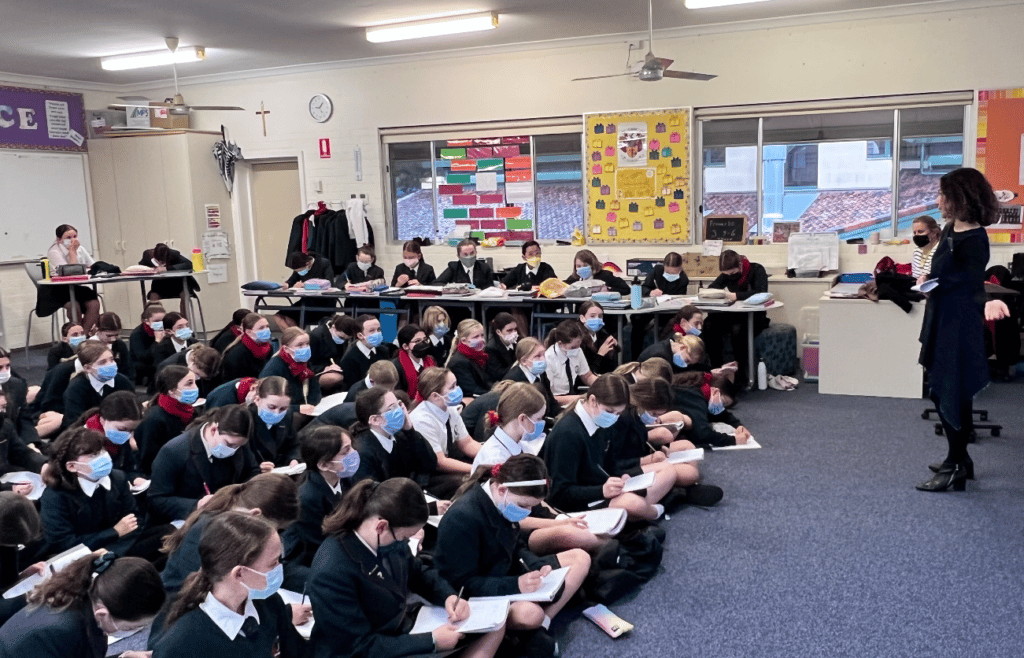
Did you know that Australia is considered to be one of the world’s major ‘immigration nations’, with 29.8% of the population being born overseas?
This term, our Year 6 students have been exploring the concept of migration and its impact on Australia in Humanities & Social Sciences (HASS).
To begin learning about migration, the girls looked at their family trees, then discussed push and pull factors and how these are reasons for migration from one country to another.
Students have also conducted interviews with a migrant to gain an understanding of their migration experience. Following the interview, the girls are taking what they have learned to write a literary historical recount, aiming to tell their subject’s story with detail and description in a narrative style, rather than as an information report.
In English, students are tying their learning together by studying texts such as My Place by Nadia Wheatley and Donna Rawlins. Soon, they will commence reading the novel Mahtab’s Story by Litty Gleeson.
We sat down with Year 6 Teacher, Kate Warchomij, to gain some further insight into the subject.
“This is one of my favourite units to teach all year. I think the way that we combine HASS and English is seamless and really helps students understand how people’s experiences shape them individually and our society as a broader community.”, says Kate.
“I love being able to share my family history with the students, and the girls are always so enthusiastic about sharing their family stories as they learn more about them. Students find connections, whether it is in family origin or experiences.”, adds Kate.
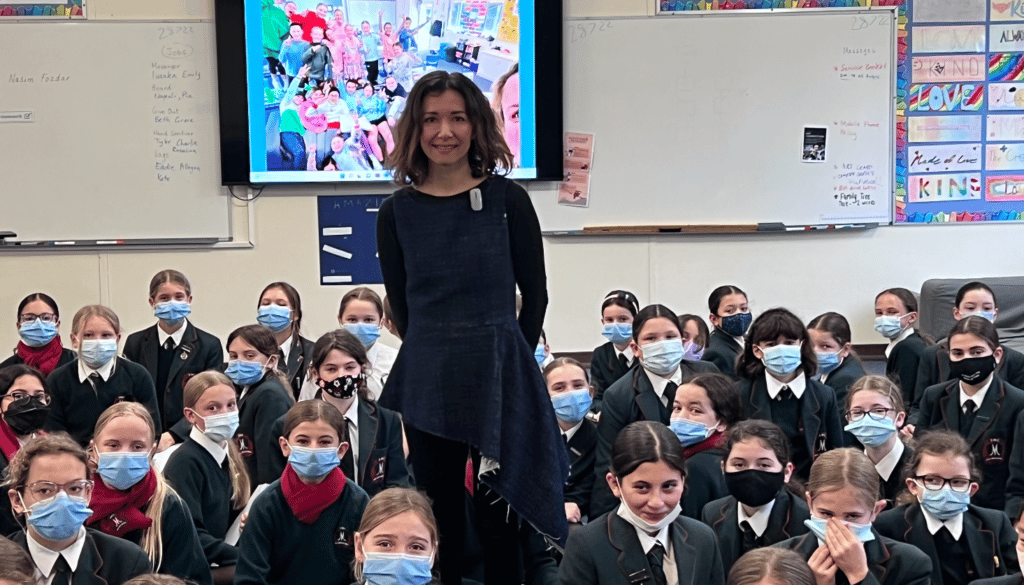
To form part of the unit, the girls engaged with a guest speaker and parent of the school, Nasim Fosdar. Nasim migrated from Iran to Australia when she was a child, and shared her experience with the girls.
We asked Nasim some questions about her journey.
Who did you come with and who did you leave behind?
I came with my mum and dad and my little brother. We left behind all our extended family: grandparents, aunts, uncles, and cousins.
What was the most difficult part about leaving?
Leaving everything that was familiar, and also not knowing much about the whole process. My parents couldn’t tell us everything at that time, just that we needed to leave and it wasn’t going to be safe to stay in Iran anymore. I think as children we didn’t feel the weight of such a decision – it would certainly have been much more difficult for my parents, especially knowing they wouldn’t be able to see their family anymore.
What was the experience like when you first arrived?
At first, everything seemed so different, the weather, the language, the food, the huge open spaces. Iran is densely populated and there is so much traffic everywhere.
What most surprised you?
The people we met, from the migration officer to the new teachers and students at my school, everyone were always so kind and friendly and genuine. This was a real change and surprise to how we were treated in Iran.
As time has passed, how does your experience compare to what you expected?
We aimed to come to a country to be able to live peacefully and without fear of persecution, and we are so thankful Australia has given us that. To be able to have basic human rights, and equal opportunities. Our experience has been amazing, and beyond anything, we could have expected.
What have been your biggest challenges?
For my parents, learning the language has been a big challenge. Also, not being able to go back and see our family. Hearing about the ongoing issues in Iran.
What have been your greatest sources of joy?
Seeing my kids grow up here and not have fears of being persecuted because of our religion. In fact, being able to be Baha’is without discrimination. Having simple rights such as being able to go to university. Being able to be part of service projects and helping others.
What are you hoping to accomplish in the future?
This is a huge question… I aimed to study hard and do something that I enjoyed, so I studied pharmacy. I really love my job, I get to help people, and it’s really rewarding. But also I think besides work, I love for us as a family to always find ways to contribute positively to the community we live in.
In what ways do you think migration has made you a stronger person?
It has helped to put things into perspective for me.. it taught me that no matter how difficult things get, we can find ways to get through the challenging times, we are adaptable and always learning. It has also helped me to look at life thankfully. Even when things get hard, there is always something we can find to be thankful for.
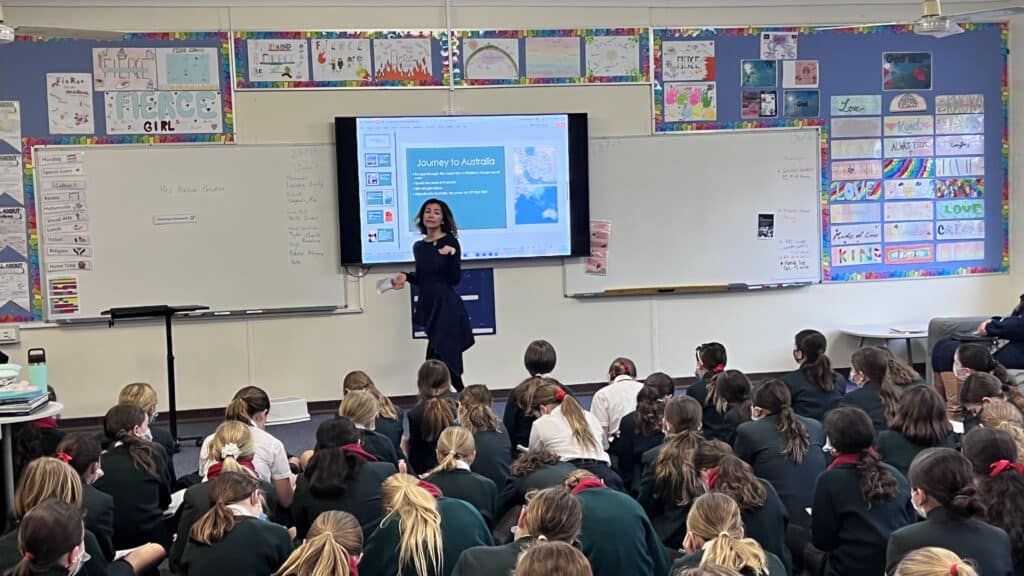
We asked some of our Year 6 students what they have enjoyed most so far learning about migration.
“I like learning about migration because the push and pull factors are really interesting. During Nasim’s talk, I found it really sad that she had to leave Iran because of her religion, and she was younger than I am now, which is difficult to imagine going through that experience. I loved finding out about my family ancestry because a lot of it I never knew!” Elin Immoos 6.9
“I really enjoy learning about this subject because it is interesting finding out about my family’s history and their past. Interviewing my grandma and finding out her story, made me more curious about what happened back then. She migrated from Poland and spent time in refugee camps during the war. Nasim Fozdar’s talk was very inspiring and it made me feel very grateful for what we have now and I didn’t have to go through what she had to go through.” Zosha Stelmach 6.10

The Power of Expectations in Shaping Student Success – Jennifer Oaten
Discover the transformative impact of expectations on student success. Learn how belief shapes outcomes in education and beyond.
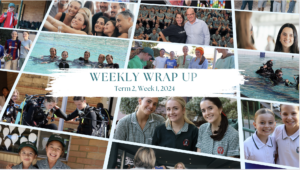
Weekly Wrap Up: Term 2, Week 1, 2024
Term 2 has kicked off with a bang! We enjoyed the Year 11 Father-Daughter evening, celebrated Earth Day, and welcomed Dr. Mark Williams.
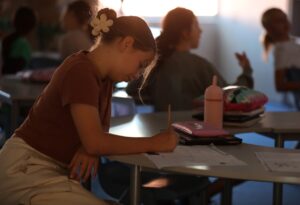
Inspiring Change: Earth Day 2024
Our Earth Day celebration this week was a powerful reminder of our collective responsibility to protect our planet for future generations.
- Compassion, ConnectingLearning2Life, Featured, Learning4Life, Resilience
Author: Santa Maria College
Santa Maria College is a vibrant girls school with a growing local presence and reputation. Our Mission is to educate young Mercy women who act with courage and compassion to enrich our world. Santa Maria College is located in Attadale in Western Australia, 16 km from the Perth CBD. We offer a Catholic education for girls in Years 5 – 12 and have 1300 students, including 152 boarders.






